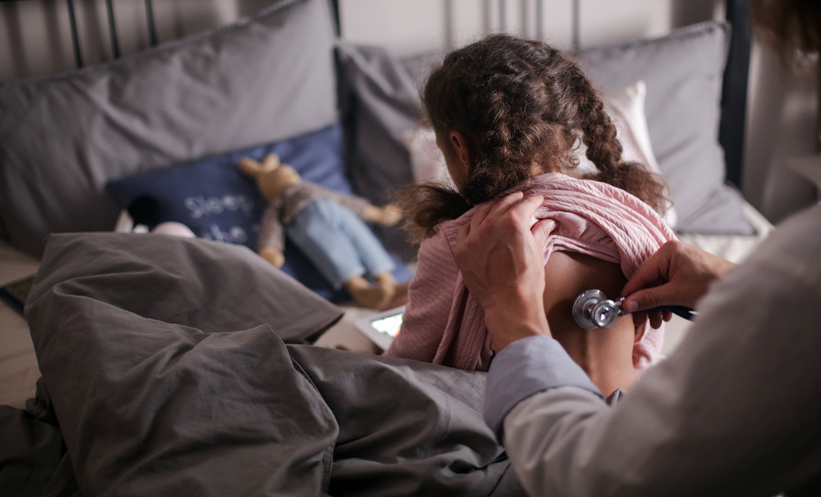CARDIOLOGY follow-ups should be implemented in patients with multisystem inflammatory syndrome in children (MIS-C), according to a retrospective study performed at the Children’s Hospital Los Angeles, California, USA. MIS-C is defined as a condition affecting patients aged 20 years or younger, where there has been either a positive COVID-19 test, or contact with a positive COVID-19 case up to 60 days before hospitalisation. Co-author of the study, Dayna Zimmerman, stated: “Cardiovascular involvement is common in MIS-C, occurring in up to 80% of cases.”
Zimmerman and colleagues recommended that patients recovering from MIS-C underwent a cardiac MRI. Ambulatory rhythm monitoring or a cardiopulmonary exercise stress test were recommended for patients who could not undergo an MRI exam. Researchers wanted to observe evidence of myocardial injury, which they defined as either elevated troponin levels, or reduced left ventricular function. The tests were conducted at the Children’s Hospital Los Angeles between October 2020–June 2022.
A total of 153 patients were involved in the study, with 69 having had one or more cardiac follow-ups. Of the 69 patients, 54% showed evidence of having had a myocardial injury during illness, and 46% had at least one abnormal cardiac MRI finding that could indicate myocardial inflammation or fibrosis. Moreover, 78% patients had reduced functional capacity on the exercise stress test, and an additional 9% had an abnormal ambulatory rhythm monitor result. The authors of the study also highlighted that they were surprised to find that there was no significant statistical difference in the prevalence of abnormal findings between patients who had evidence of myocardial injury during their illness, compared to those that did not.
Overall, the study concluded that cardiovascular pathology is common in patients who have recovered from MIS-C, and that all patients should have a cardiology follow-up once they have been discharged from hospital. Zimmerman said that the team “plan to pursue further studies to assess longer term follow-up of patients treated for MIS-C to determine whether cardiovascular pathology persists, or ultimately resolves.”








